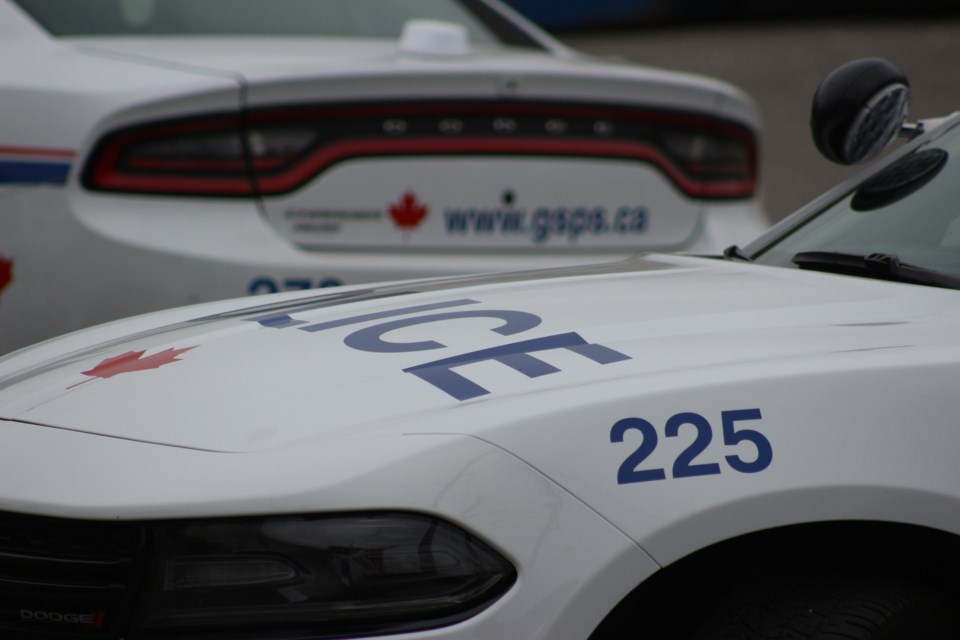After recording 34 cases of impaired driving in Greater Sudbury last month, city police are calling on the public to remain vigilant.
“The 34 really jumped out at us,” Sgt. Blair Ramsay told Sudbury.com. “May was shocking because the impaired drivers arrested were not as a result of any initiatives but from calls for service to GSPS.”
The 34 cases were a jump from the 23 incidents recorded in April. There were 38 incidents in March, but that month also included a policing initiative to crack down on impaired drivers.
With May reaching this level without a concerted effort, Ramsay said there appears to be an uptick in cases warranting public caution.
Of last month’s impaired drivers, 17 people were impaired by drugs, 12 were impaired by alcohol and five people refused to provide a breath sample.
Opioids are the drug of choice among the majority of those who drive while impaired, Ramsay said, adding that it’s usually a combination of medications. To other motorists and passersby, the driving habits of people impaired by drugs appear similar in many ways to those who are impaired by alcohol.
“They may see people being very lethargic,” Ramsay said. “The signs we get from people and the complaints we get are poor driving, weaving within the lanes, hitting curbs. The majority of the drug-impaireds are people who are passed out.”
Motorists have been found passed out behind the wheel at intersections and in parking lots, with their vehicles still running.
Drug-related impairment has been on the rise since 2020, he said, with last year’s 158 cases of drug-impaired driving closing in on the 171 alcohol-impaired cases.
“Any time we’re stopping vehicles we’re accessing for impairment,” Ramsay said, adding that police also follow a mandatory alcohol screening program wherein they can undertake roadside tests whenever they determine it necessary.
Drug- and alcohol-impaired drivers are first accessed physically. While motorists impaired by alcohol can then be tested by a roadside screening device (breathalyzer), those impaired by drugs are further accessed physically by drug recognition experts at police headquarters.
As has already been taking place, Ramsey encourages people to continue phoning 911 when they see evidence of impaired driving.
There’s an exemption in the Highway Traffic Act that allows people to use their phones to dial 911 in emergent situations, and Greater Sudbury Police Service Chief Paul Pedersen affirmed last year that suspected cases of impaired driving are, in fact, emergencies.
Tyler Clarke covers city hall and political affairs for Sudbury.com.



